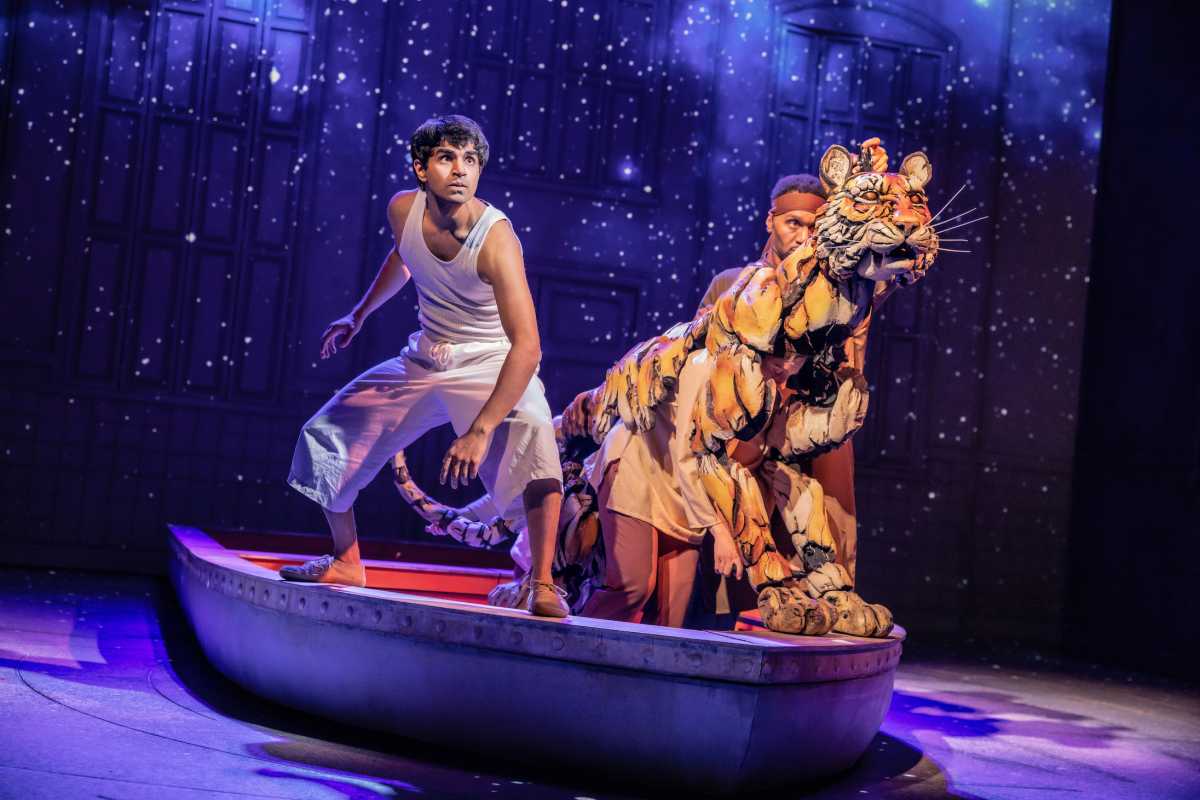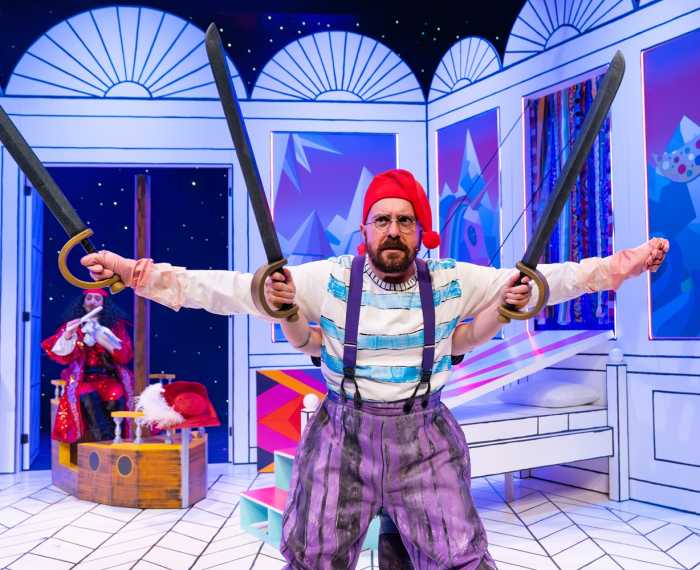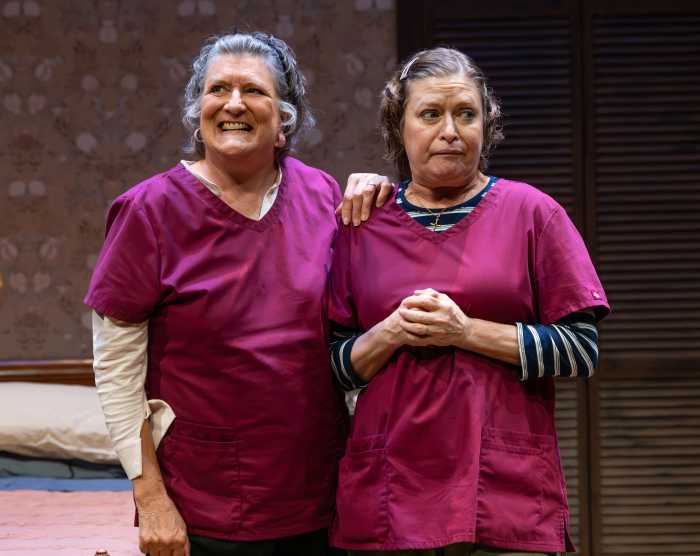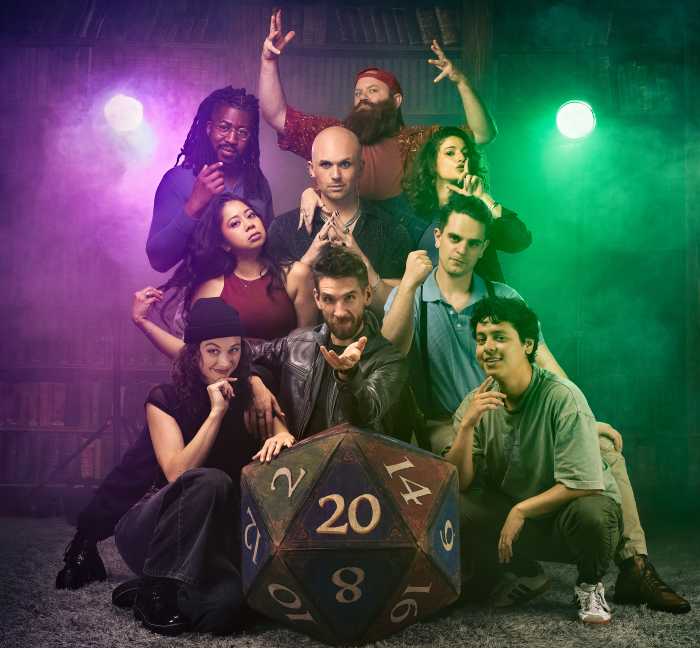Taha Mandviwala is no stranger to transformation on and off the stage. Raised in Kentucky and originally on a pre-med path, Mandviwala ultimately followed his passion for theatre. After taking on roles across the country — Bouc in ‘Murder on the Orient Express’ (Cincinnati Playhouse in the Park), Romeo in ‘Romeo and Juliet’ (Santa Cruz Shakespeare), Leonard Vole in ‘Witness for the Prosecution’ (Great Lakes Theater) — he made his Broadway debut as an ensemble member and swing in ‘Life of Pi.‘
Now, he steps into the title role for the national tour.
Mandviwala is also a dedicated health coach and trainer, which helps him meet the demanding nature of Pi each night. He recently sat down with Metro to talks about this journey, the spiritual and physical layers of ‘Life of Pi’, and why the show resonates so deeply with so many.
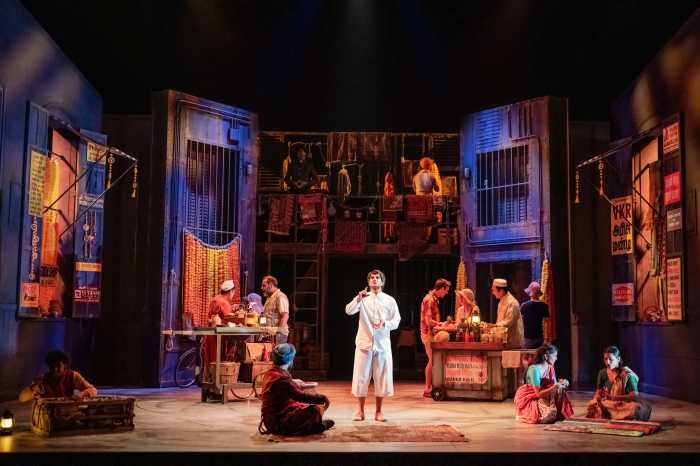
How familiar were you with this story before joining the Broadway cast?
I read the book in high school, but didn’t remember it completely. I don’t think I had the spiritual maturity at the time to really know exactly what was resonating about it. But this kind of story is like fine wine — it matures over time. Revisiting the book after I started rehearsing, specifically for the tour, has been incredibly helpful. I recently met the actor who played Pi in the movie. We did a panel together and it was surreal to see different iterations of Pi after all these years.
What stood out to you about Pi? Why did you want to be part of the stage version?
The first time I saw it on Broadway was the day before I auditioned for the Broadway company…and I was just blown away. I’d never seen myself represented like that — a South Asian man leading the show. It was so empowering, especially since there’s nothing quite like this on stage written for the South Asian diaspora.
What really drew me to the stage version was the physical storytelling. The Tony award-winning design elements were unlike anything I have ever experienced in my life. It completely pushed the bounds of what I thought was possible in the theatre. When we talk about the show, it’s described as a theatrical event. I think it merits that description because there is nothing like it on Broadway’s circuit right now. It’s about suffering, belief, what the power of story really is and how it serves in our life beyond the stories we tell ourselves to entertain us, but in the stories we tell to give us strength and remind us where we come from. There’s so much richness in this show that I truly love from the bottom of my heart.
You started out on a pre-med track. When did you realize acting was the path for you?
It was a very steady unfolding and never a lightning bolt moment. It really started when I met my closest friend, Hunter Henrickson, at a summer camp in 2011 called the Governor Scholars Program in Kentucky. I saw him in ‘Little Shop of Horrors’ and I started to visit him at Northern Kentucky University when I was at the University of Kentucky just to just immerse myself a bit more.
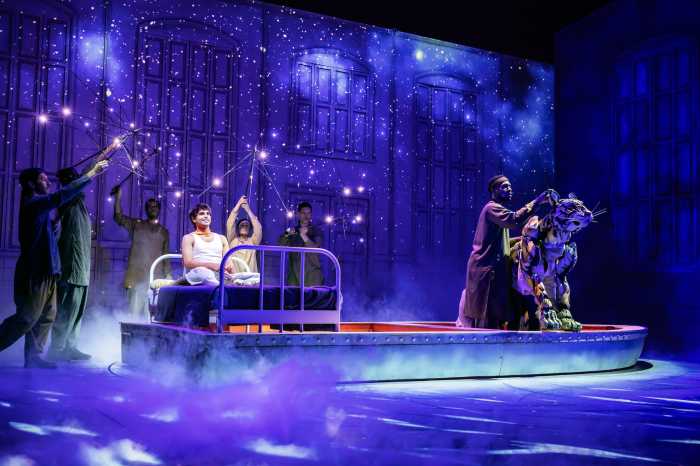
Freshman year, I took my first intro to theatre class. Sophomore year is when I auditioned for my first play. By junior year, I switched my major to theatre while still doing pre-med and I joked with my parents, ‘Don’t you want a doctor with good empathy and bedside manner?’ That summer I took my MCAT and I remember being in this jail cell for hours taking this exam then walking outside, feeling the sun on my face. I thought, ‘What is this feeling happening right now?’
It was a very tumultuous and hard decision to believe in something that was a very established and linear path that my dad and older brother had walked, and to honor this growing feeling of taking a chance on acting. When I talk about that journey, it’s the people I met who came into my life at the right time, who were supportive and guided me along the way. I owe it all to them.
Pi is such a physical role. Does your work as a health coach and trainer help you get stage-ready?
Definitely. I have found that in all of that work I’ve done as a personal trainer, as a parkour coach, as a health coach, longevity is the keyword for this show. It’s the most physically, emotionally, vocally demanding thing I have ever done. And touring itself is a beast. You have to embrace flexibility while finding consistency in things that are inherently inconsistent.
My coach and mentor, Melanie Wales, taught me this thing that I love. It’s sort of my health philosophy now, called the Foundational Five — eat well, move daily, stay hydrated, reduce stress, and prioritize sleep. Anything you do for yourself in those categories is a win. It’s not trying to strive for perfection in those things. If you’re showing up for a day where you have 40% to give and you give that 40%, you gave 100%.
Can you talk about what it’s like to work with the puppetry on stage?
It’s liberating. Our puppetry is inspired by bunraku, a Japanese style. They’re life-sized and we try to imbue them with the same sort of dynamic movements as the wild animals themselves. We really study those animals to emulate their behaviors and styles of communication.
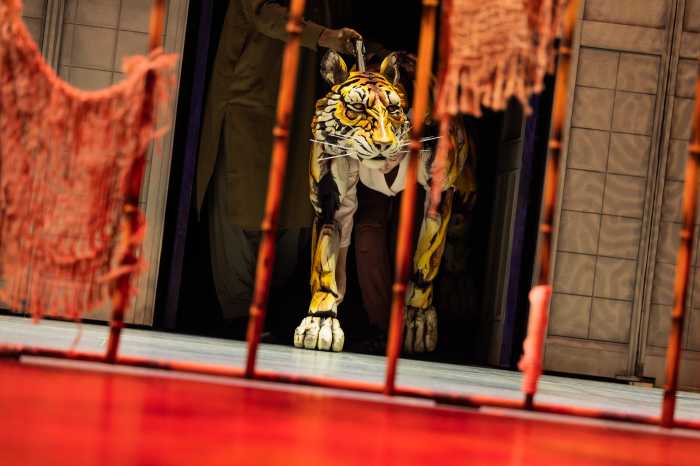
Richard Parker, the tiger, is a 35 pound puppet, but we give it the cadence of a 500 pound tiger. The idea of puppetry being the vehicle to tell this story is really amazing because puppetry requires this buy-in of belief. It’s a perfect analogy for a show that deals in themes of belief and faith. There’s a concept called the fourth puppeteer — if it takes three people to operate a puppet, the fourth is the human element outside of the puppet. That could be Pi’s interactions or the audience buying into the story. The puppeteers are in plain sight, but suddenly you see just the animal existing in front of you. It really is magic.
Why should Philadelphia audiences see ‘Life of Pi’?
If you’re a tech and design and spectacle fan, you will get that in droves. It’s incredible to witness the ensemble work and the physical storytelling of how the world can flow together, crash apart, how you move from a hospital room into a raging ocean.
Also, I think there’s something very human about the story. It’s a story of immigration in its own right. It doesn’t exist in a vacuum. Now more than ever, we need humanization of immigrants and the lengths people will go through to seek a better life for themselves and their family. To witness that kind of visceral suffering through the lens of a young boy fighting for his life and calling upon these lessons and strength derived from his loved ones and teachers to prevail over insurmountable odds. It’s a reflection of our own resilience, the stories we tell ourselves about ourselves and how we call upon these things in our own moments of strife, and what is our relationship to our own faith and spirituality.
How does that practically serve us in our life? There’s something to reflect on for everybody, from what you see on a sensory level to what you experience on a spiritual level.
‘Life of Pi’ will be on stage at the Academy of Music from July 15 to 27. For information and tickets, visit ensembleartsphilly.org



